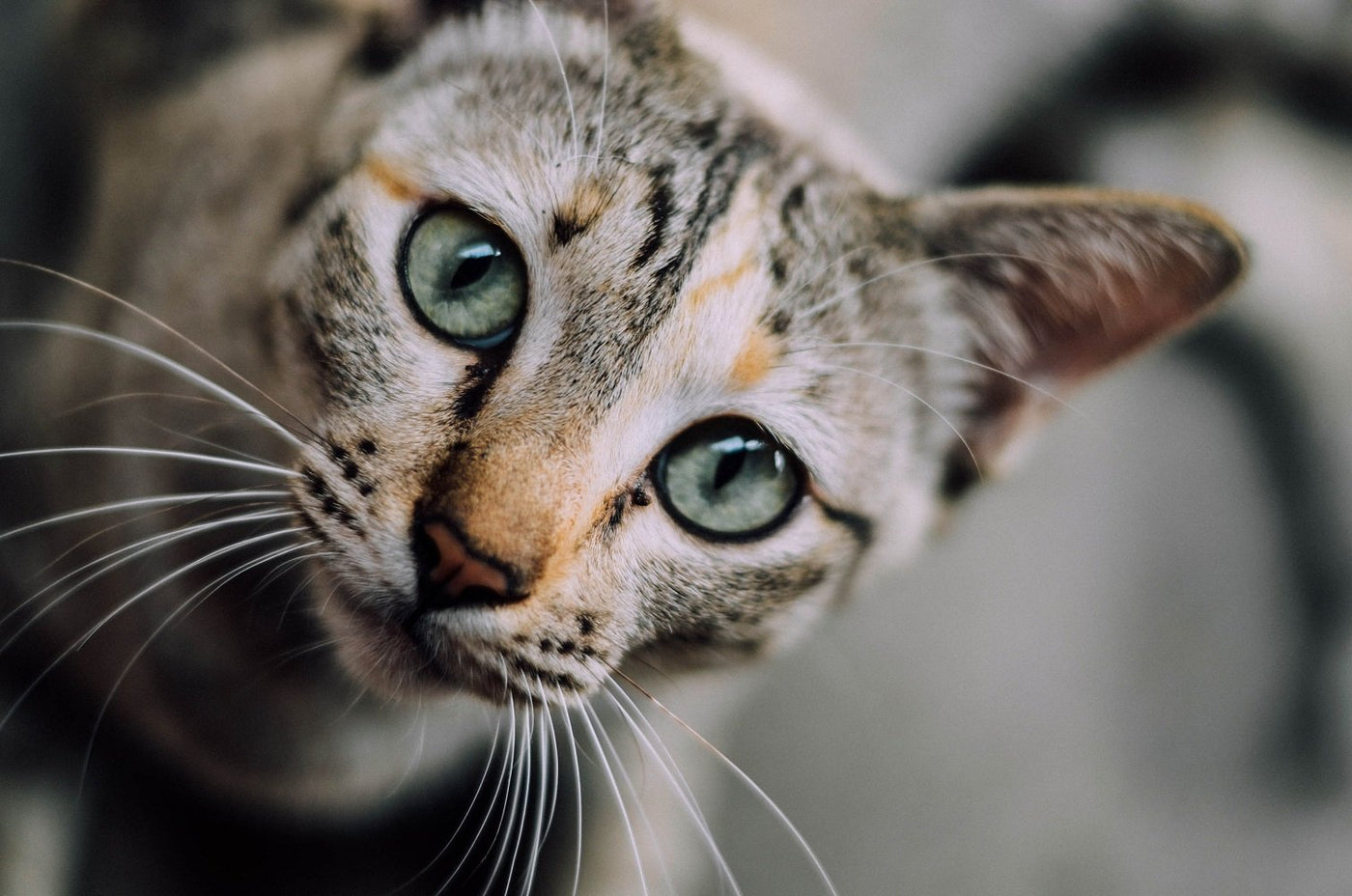
If you’re like 73% of cat owners, then your cat was either adopted from a shelter or picked up as a stray. Many of us love shelter cats, with a secret past you’ll never learn and a family that’s been left far behind. How can we learn more about these mysterious cats?
If cat lovers want to bring their cat’s health care into the future, then we need to stop waiting for scientists and push this research forward NOW. There are many DNA tests available for dogs because we already know a lot about dog DNA. Basepaws provides the ONLY cat DNA test that will help cats catch up.
Family histories are a crucial ingredient in health care
When you visit a new doctor, part of your exam includes reviewing your family’s health history. This is because many health conditions can be inherited. For example, if heart disease runs in your family, then your doctor will keep a close watch on your blood pressure and cholesterol levels. And they might shake their head in disapproval if you smoke and eat bacon every day.
Just like you, your cat can inherit her health (in addition to good looks and personality) from her parents. If your cat’s grandmother was a Persian with a kidney failure, then your veterinarian would check for signs of polycystic kidney disease. If her grandfather was a Maine Coon with a heart disease, then your veterinarian would screen your cat for hypertrophic cardiomyopathy.
Unfortunately, most of us know nothing about our cats’ family histories. And that sometimes leaves us CLUELESS about how to provide the best care for our cats and plan for their future health issues.

DNA carries the clues to your cat’s history
Your cat inherits her traits through DNA that is passed to her from her fur-parents. Although you will likely never track down your cat’s parents or grandparents, her DNA carries TONS of information about her family tree. We just need to decipher it.
In order to decipher the genome, we need to have a large collection of cat DNA sequences. When this is combined with information about each cat, then we can start linking genes with diseases and other traits. That is why Basepaws sequences your cat’s DNA instead of just looking for specific genes – because we don’t know the purpose of most cat genes yet.
Scientists have left cats behind
It’s sad but true: Scientists prefer dogs. The dog genome was sequenced years before the cat genome. Many more genes have been studied in dogs than cats. There is even a scientific publication devoted ENTIRELY to research about dog genetics. Cats have indeed been pushed out of the spotlight.
If cat lovers want to bring their cat’s health care into the future, then we need to stop waiting for scientists and push this research forward NOW. There are many DNA tests available for dogs because we already know a lot about dog DNA. Basepaws provides the ONLY cat DNA test that will help cats catch up.
Cat lovers unite
For the month of June, in honor of cat adoption month, we’ll be donating $5 for every kit purchased to the Peter Zippi Fund, a local no-kill shelter. The Peter Zippi Fund Home has sheltered and helped with adoptions for over 15,000 cats, and the volunteers there go above and beyond caring for every cat that comes in. Basepaws wants shelter cats to have access to the same quality of health care as all others. Please help us with our mission by purchasing a kit and spreading the word!



